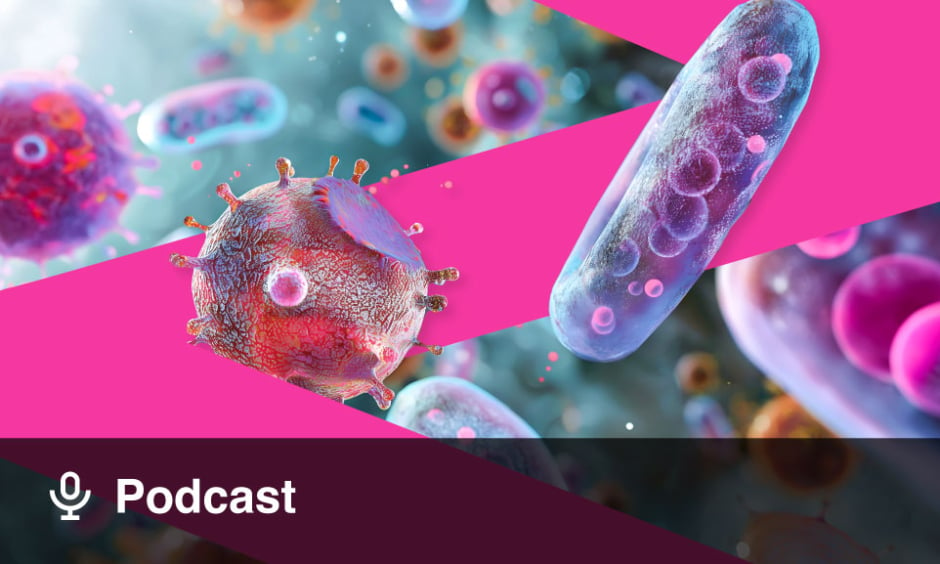A MAJOR study on UK newborns has revealed three distinct gut microbiome profiles, potentially paving the way for the development of personalised probiotic therapies. The research represents the largest investigation of infant gut bacteria in the UK to date, and sheds light on the crucial early development of the newborn microbiome.
Researchers from the Wellcome Sanger Institute, University College London (UCL), and the University of Birmingham, UK, analysed stool samples from 1,288 infants under 1 month old. Using advanced whole genome sequencing, they discovered that newborn gut microbiomes are typically dominated by one of three microbial species: Bifidobacterium longum subsp. longum (B. longum), Bifidobacterium breve (B. breve), or Enterococcus faecalis (E. faecalis). Each microbiome community state is influenced by clinical and host factors, such as maternal age, ethnicity, and parity. While B. longum and B. breve are considered beneficial, E. faecalis is potentially harmful, and use of antibiotics was linked to increased E. faecalis colonisation.
One key finding is that B. breve appears to be genetically adapted to digest nutrients in breast milk and prevent harmful bacteria from colonising, and therefore could serve as a natural probiotic. However, while B. longum is transmitted from the mother’s gut during childbirth, the origin of B. breve remains unclear.
Furthermore, while many infant probiotics contain Bifidobacterium longum subsp. infantis, this species was notably absent in this UK cohort, suggesting that it may no longer be naturally colonising newborns in Western, industrialised populations.
“Our study highlights a hugely beneficial pioneer bacterium that can fully digest breast milk and protect the newborn against harmful microbes. This has the potential to be a highly effective natural probiotic as it can already establish itself in the child’s gut,” said senior author Trevor Lawley, Wellcome Sanger Institute.
The researchers stressed the need for further studies to understand how these three pioneer bacteria affect long-term health. Projects like the Microbes, Milk, Mental Health and Me (4M) project, part of the Children Growing Up in Liverpool study, aim to explore microbiome influences on brain and mental health development later in life.
Ada Enesco, EMJ
Reference
Shao Y et al. Primary succession of Bifidobacteria drives pathogen resistance in neonatal microbiota assembly. Nat Microbiol. 2024; DOI:10.1038/s41564-024-01804-9.








